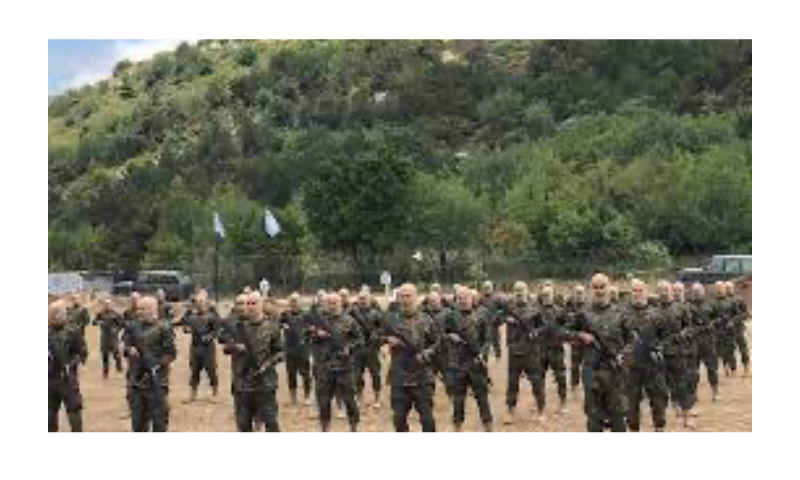Can Kasapoğlu
Hudson Institute, Aug. 2, 2024
“Even if Israel were to intercept 90 percent of Hezbollah’s projectiles, hundreds per day would still reach their targets unscathed.”
Below, Hudson Senior Fellow Can Kasapoğlu offers an analysis of Hezbollah’s military capabilities and details why the war against Tehran’s Lebanese proxy would be an uphill battle for Israel.
Introduction
Tensions have escalated between Israel and Hezbollah in the wake of Hezbollah’s July 27 rocket attack on the Israeli town of Majdal Shams, which claimed the lives of 12 children. The Israel Defense Forces responded to that attack with retaliatory strikes on high-value Hezbollah targets, including the network’s top commander, Fuad Shukr, near Beirut. Hours later, Ismail Haniyeh, the political head of Hamas, was assassinated in the heart of Tehran. Iran immediately blamed Israel for the operation. These assassinations have greatly increased the likelihood of a major attack on Israel by Iran and Hezbollah, possibly in concert with other members of Iran’s “Resistance Axis,” including the Houthis of Yemen and militias in Iraq and Syria.
In short, Iran and Israel are closer to a full-scale war than at any time since October 7. If such a conflict erupts, Israel will face one of the most troublesome military challenges in its history. Hezbollah is the greatest single threat that Israel faces from among Iran’s Resistance Axis proxies. With that in mind, this survey focuses on the specific capabilities that Hezbollah possesses and explains why they present a particularly thorny challenge.
… [To read the full article, click here]


